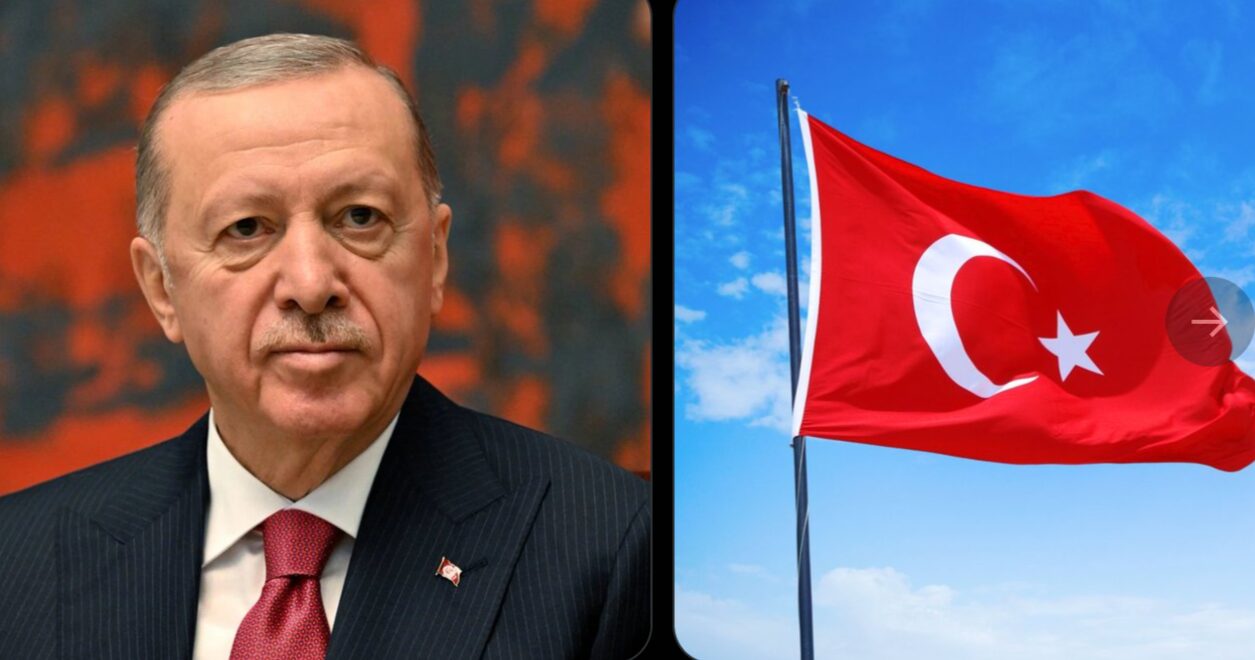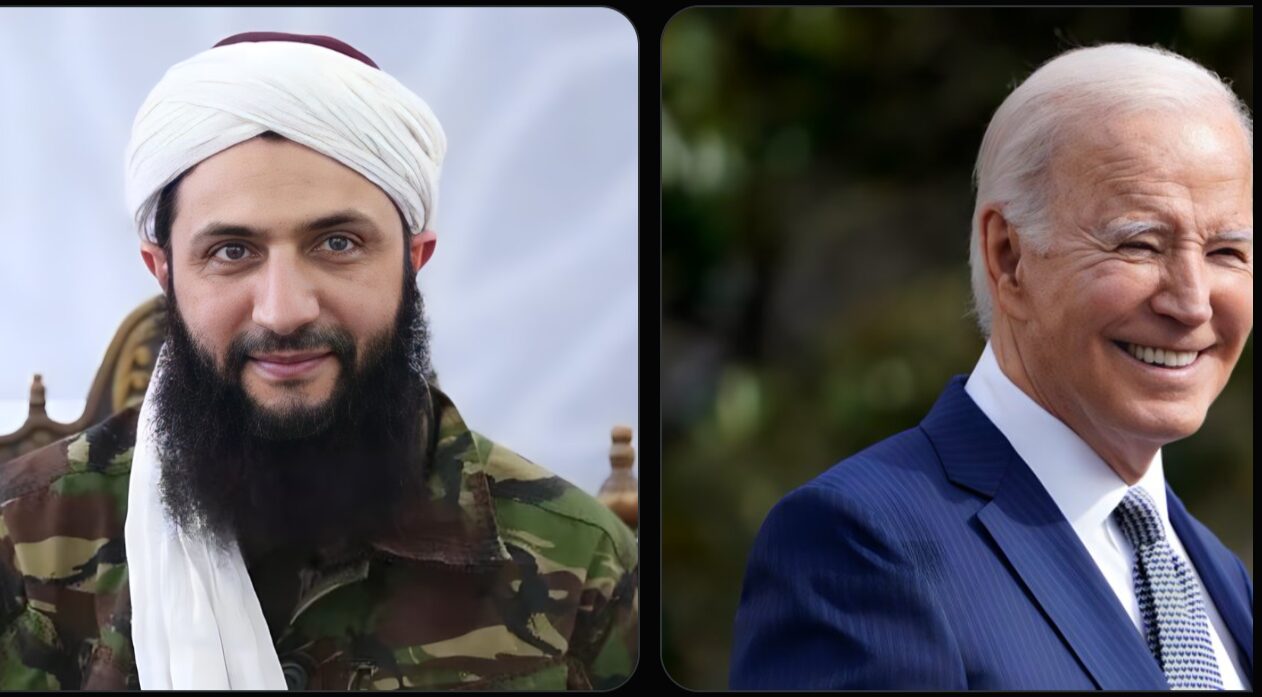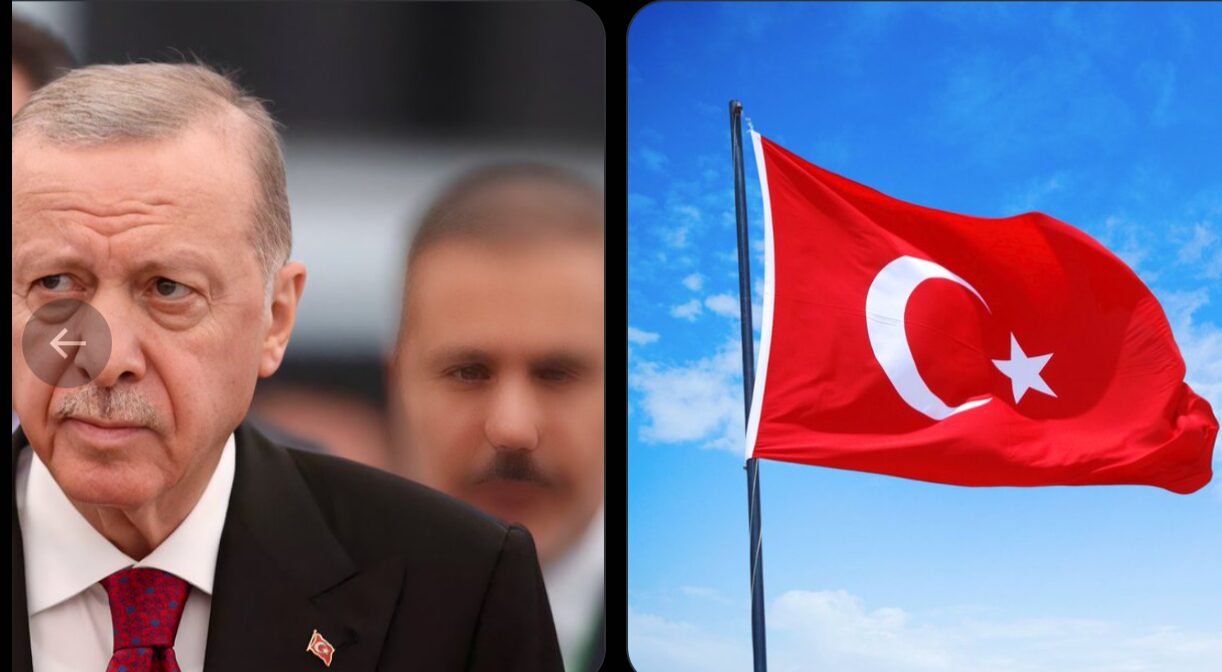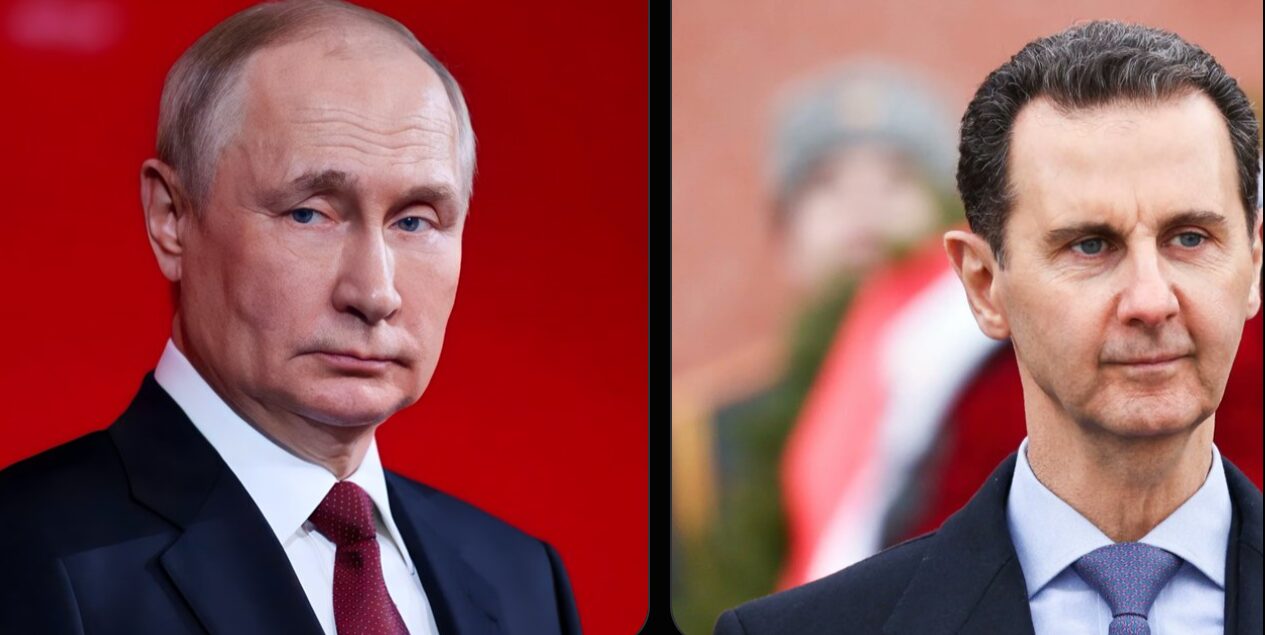JOLANI’S SYRIA has reopened BARS & LIQUOR stores in Damascus
In a surprising move, the region of Syria under the control of Hayat Tahrir al-Sham (HTS), led by Abu Mohammad al-Jolani, has reopened bars and liquor stores in Damascus. This decision marks a significant shift in the governance of the region, challenging the long-standing conservative norms that have governed parts of Syria. The reopening of these establishments comes as a striking contrast to the strict Islamist rules that HTS has imposed in the past, particularly concerning the prohibition of alcohol and nightlife.
This development has sparked a flurry of discussions both within Syria and internationally. The reasons behind this change and its potential impact on the local society and HTS’s future strategy are multi-faceted. In this post, we will explore the political, social, and cultural implications of this move, as well as what it signals for the future of the Syrian conflict and governance in regions controlled by HTS.
A Change in the Rules of Governance
Hayat Tahrir al-Sham, an Islamist militant group that has controlled parts of northwestern Syria, especially Idlib province, has long been known for its strict interpretation of Sharia law, which banned the sale and consumption of alcohol. Under its rule, the region saw the closure of bars, liquor stores, and other establishments considered to be against Islamic teachings.
However, the recent reopening of bars and liquor stores in Damascus has raised eyebrows. This move appears to indicate a shift in HTS’s approach to governance and its relationship with the local population. It comes at a time when HTS has been trying to present a more moderate image to gain legitimacy and consolidate power, particularly in the face of ongoing conflict with the Syrian government and various international actors.
The Political Context: Shifting Alliances and Pressures
The decision to reopen bars and liquor stores is a result of various political and practical considerations. Over the past few years, HTS has been forced to adapt to the shifting dynamics of the Syrian conflict. The group has attempted to portray itself as a more pragmatic, less extreme alternative to other Islamist factions in Syria, such as ISIS, in order to gain support and avoid complete isolation.
At the same time, HTS faces significant pressure from the international community and neighboring countries. The U.S. and European countries have maintained sanctions against the group, and regional actors such as Turkey have played a role in shaping HTS’s strategies. As a result, HTS has been keen to present itself as more willing to engage in dialogue with the international community.
Reopening bars and liquor stores can be seen as a strategic move to appeal to a broader segment of Syrian society, particularly in Damascus, where secularism and nightlife are a part of daily life. This could help HTS present itself as a more flexible and tolerant alternative to the Assad regime, which is known for its own authoritarian measures but has allowed more cultural freedom in urban centers like Damascus.
Social and Cultural Implications
The reopening of liquor stores and bars in Damascus is not just a political move; it also reflects the changing cultural landscape of Syria. For years, the Syrian conflict has had a devastating impact on the country’s social fabric. The violence, displacement, and destruction have left many people yearning for a return to normalcy. In urban areas like Damascus, the reopening of these establishments may be seen as a small but significant sign of recovery and the restoration of some degree of normality to everyday life.
For many residents, the presence of bars and liquor stores represents a return to a more liberal, pre-conflict way of life. Before the war, Syria had a thriving café culture, a vibrant nightlife scene, and a reputation for being one of the more secular and cosmopolitan countries in the Arab world. The move to bring back these elements of everyday life might be welcomed by some, particularly those who have longed for the sense of freedom that was once common in cities like Damascus and Aleppo.
However, the decision also raises questions about the future direction of HTS’s governance. The group’s decision to reopen bars and liquor stores could be seen as a step away from its previous strict interpretation of Islamic law. This shift may lead to internal tensions within HTS itself, as hardline factions within the group might view this as a compromise on their ideological principles.
International Reactions and the Impact on the Syrian Conflict
International reactions to the reopening of bars and liquor stores have been mixed. While some may view this as a positive step toward moderation, others are cautious. Critics argue that this move is nothing more than a tactic to improve HTS’s image in the eyes of the international community, without any real commitment to fundamental changes in its policies or ideology.
The Assad regime, which has been in a bitter struggle with HTS for control of Syria, is unlikely to view this move positively. The Syrian government, led by President Bashar al-Assad, has been fighting HTS for years, and any shift in HTS’s governance style could complicate the conflict further. The Assad regime has traditionally been more tolerant of secularism and nightlife, particularly in the capital of Damascus. The reopening of these establishments in HTS-controlled areas may prompt further ideological divisions between the two sides.
At the same time, neighboring countries like Turkey and Iran may also view this development with a mix of concern and skepticism. While Turkey has been involved in supporting rebel groups in northern Syria, it has also expressed frustration with HTS’s dominance in some areas. The return of bars and liquor stores may challenge the narrative that HTS is an uncompromising Islamist faction and could potentially shift alliances in the region.
What Does This Mean for the Future of HTS?
The reopening of bars and liquor stores may be a sign of HTS’s attempt to balance between maintaining its Islamist identity and adapting to the changing realities of Syrian society. By making this concession, HTS could be trying to present itself as more tolerant and inclusive, seeking to garner support from a broader section of the population in Syria.
However, this move is not without risks. HTS’s hardline factions may view this change as a betrayal of their core values, and such internal divisions could weaken the group’s unity. Additionally, Syria’s volatile political environment means that HTS will likely face continued pressure from both internal and external actors to define its position more clearly.
Conclusion
The reopening of bars and liquor stores in Damascus under HTS control marks a notable development in the ongoing Syrian conflict. While it reflects the group’s attempt to project a more moderate image and appeal to the local population, it also raises questions about the future direction of HTS’s governance. Whether this move is a genuine shift in HTS’s ideology or merely a tactical maneuver remains to be seen. In any case, it highlights the complex and ever-changing nature of the Syrian conflict, where political, social, and cultural realities are constantly shifting in response to the pressures of war.

















Post Comment